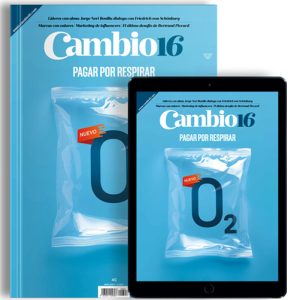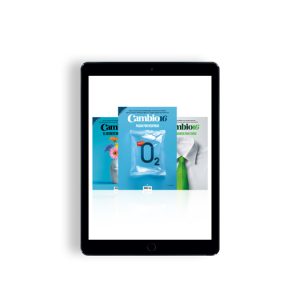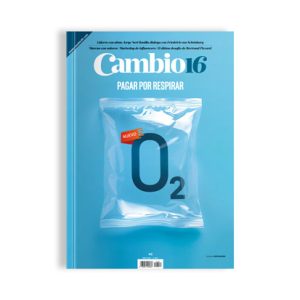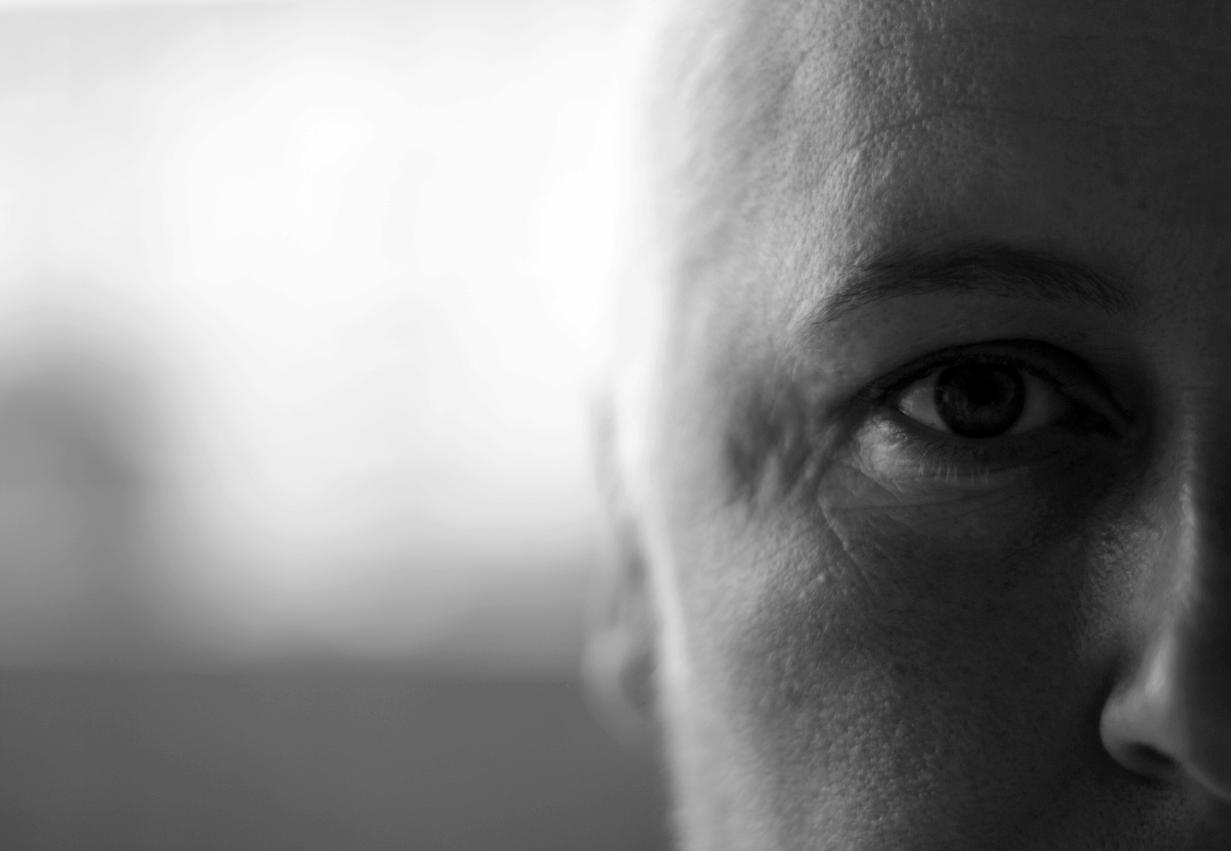



During the pandemic and now, thirteen months after its end was declared, the emergence of various and complex diseases has become evident that some have associated with the vaccine and others with the virus itself. Doctors in the United States are reporting rare and unusual cancers in patients, mostly young and without a family history of the disease, and are wondering if Covid-19 has something to do with it.
They observe these patients go through dark forms of the disease that normally affect people over 70 to 80 years old. Including cholangiocarcinoma, a rare and fatal cancer of the bile ducts.
Other elements that attract attention are happening, experts say, such as patients suffering from multiple cancers at the same time. The pandemic forced people to isolate themselves and postpone their regular check-ups for fear of becoming infected. And even to avoid any adverse health manifestations, in the face of other pressures and emergencies.
But doctors do not believe this is the main factor in rare and advanced cases of cancer. Instead, the idea that covid-19 would leave a mark on many people begins to float through their heads.
Every Friday a team of oncologists from Carolina Blood and Cancer Care Associates met for lunch and entertainment. Kashyap Patel, his executive director, commented that in one of those meetings he confided to his colleagues the case of a 40-year-old young man with cholangiocarcinoma. A year later the number rose to 7 young cancer patients and 3 of them died.
“I’ve been in the profession for 23 years and I’ve never seen anything like this,” Patel recalled, as Asutosh Gor, another oncologist at the hospital, nodded. “We were all moved.”
Has Covid been a trigger for cancer cases?
There are many documents and studies that warned at the time that those patients with cancer had greater risks of contracting covid-19 in its most serious stage. Especially due to the weakening of the immune system of these patients. But these are not the cases.
Patel is concerned about the possibility that Covid-19 was causing or laying the seed for this disease and unleashing difficult and rare types of tumors. In an article for American Journal of Managed Care He pointed out that both in the United States and in those he knows abroad, patients have been seen with cancers of various types that progress rapidly, such as breast cancer and renal cell carcinoma. He said several did not even have time to receive treatment and died within weeks of diagnosis.
He alluded to a report from the Centers for Disease Control and Prevention that found that from 2018 to 2021, the annual number of cancer deaths increased by 4.7%, after a long period of declining cancer mortality. . Researchers found disproportionate increases in cancer deaths with Covid-19 as the underlying cause, with higher rates among men.
The increase in aggressive late-stage cancers since the beginning of the pandemic is confirmed by some initial national data and a series of large oncology institutions, he reported. Washington Post. Many experts have ruled out that these detections are a consequence of the interruptions in medical care that began in 2020.
Rare and unusual cancers
The idea that some viruses can cause or accelerate cancer is not new. Scientists have recognized this possibility since the 1960s. And they now estimate that between 15 and 20% of all cancers in the world originate from infectious agents such as HPV, Epstein-Barr, and hepatitis B. .
John T. Schiller, a researcher at the National Institutes of Health, said pathogens known to cause cancer persist in the body long term. But the class of respiratory viruses that includes influenza and RSV (a family that includes coronaviruses) infects a patient and then goes away rather than persisting and is not thought to cause cancer. “You can never say never, but that type of virus does not suggest that it is involved in cancers,” he argued.
David Porquen, director of the Cancer Center at Cold Spring Harbor Laboratory and former president of the American Association for Cancer Research, said there is no evidence that the coronavirus directly transforms cells to make them cancerous. But that may not be the whole story.
Asín noted that a number of studies suggest that coronavirus infection can induce an inflammatory cascade and other responses that could theoretically exacerbate the growth of cancer cells.
“Covid-19 destroys the body and that is where cancers can begin,” saidtieneson. And he explained how autopsy studies of people who died from Covid-19 showed prematurely aged tissue.
Baptist Health Miami Cancer Institute, UC San Diego Health and other large institutions have released data showing continued increases in the later stages of the disease.
SARS-CoV-2 proliferates cancer cells
Xuesong Han, scientific director of health services research at the American Cancer Society, attributed the rise in cases to people delaying their visits. Or they skipped attention due to fears related to the virus or for economic reasons and also due to cultural factors. But Han acknowledged that biological mechanisms of SARS-CoV-2, the virus that causes Covid-19, could be at play.
“I don’t have data to support this view,” Han said. “But it is an important issue to follow up on.”
About a year ago, Afshin Beheshti, a visiting scholar at MIT and Harvard’s Broad Institute, contacted Patel, former president of the Community Oncology Alliance. And they organized a symposium with other scientists and it was concluded that there is compelling evidence suggesting links between the coronavirus and cancer.
“Hopefully, we are wrong,” Beheshti said. “But unfortunately, everything is pushing for that to be the case.”
Wallace, the University of Pennsylvania scientist considered the father of the field of human mitochondrial genetics, which explores the energy plants that power human cells, is researching how Covid-19 affects energy production in cells and how that could influence vulnerability to cancer.
Furthermore, biodata experts are sequencing the genetic profiles of the organs of people who succumbed to Covid-19 and underwent autopsies.
And a team at the University of Colorado is studying whether Covid-19 reawakens cancer cells. Their preliminary findings showed that when mice that survived cancer were infected with SARS-CoV-2, dormant cancer cells proliferated in the lungs.
Also read in Cambio16.com:
Thanks for reading Cambio16. Your subscription will not only provide accurate and truthful news, but will also contribute to the resurgence of journalism in Spain for the transformation of conscience and society through personal growth, the defense of freedoms, democracies, social justice, conservation of the environment and biodiversity.
As our operating income comes under great pressure, your support can help us carry out the important work we do. If you can, support Cambio16. Thank you for your contribution!
-
Offer!


Magazine 2307 Total Subscription
The original price was: €40.00.The current price is: €36.00. Add to cart -
Offer!


Magazine 2307 Digital Subscription
The original price was: €23.00.The current price is: €19.90. Add to cart -


Magazine 2307
4.00€ Add to cart -


Magazine 2307 (Digital)
2.30€ Add to cart

